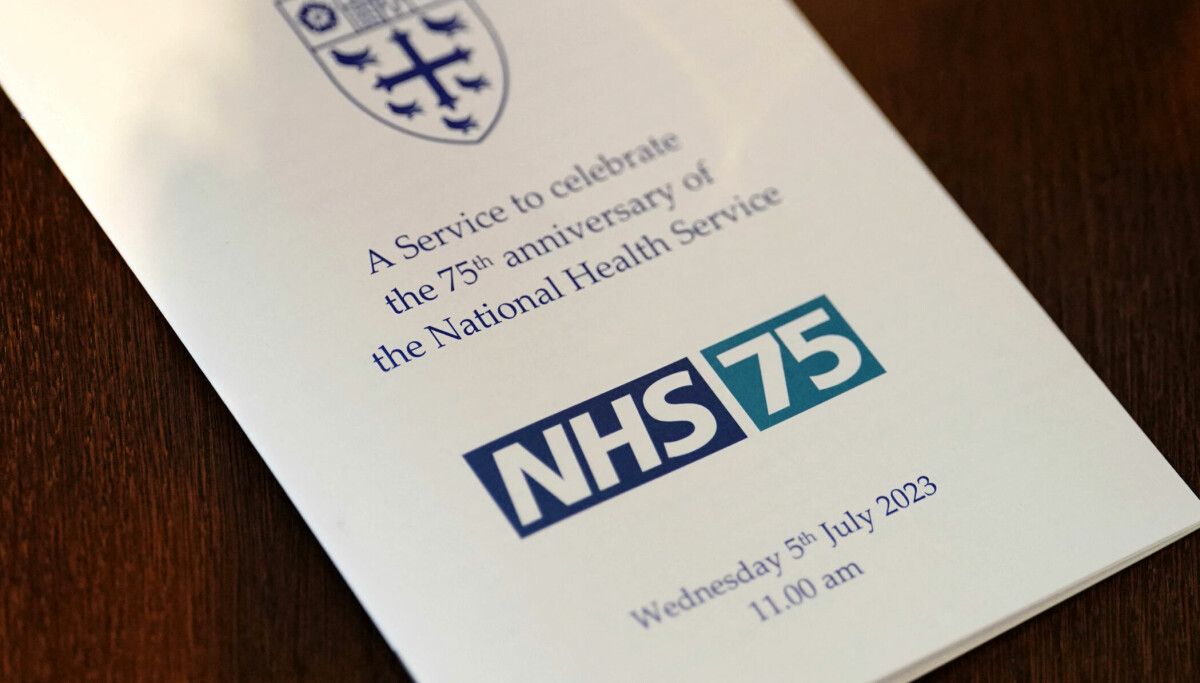Subject test
After a while, most of them successfully pass exams in national languages and subjects. The turning point for many is the vocational exam. As of 2017, third country doctors are required to pass professional tests to obtain a Norwegian license. The Ministry of Health and Care Services justified the introduction, inter alia, with the need to “find out whether there are actual deficiencies in the competence of applicants, and (…) find out whether decisions on equivalence have been made on the basis of forged or falsified documents” (8, p.24).
The meaning of the professional test can be seen in § 4 of the additional requirements regulations (5). It is a “subject-specific practical, oral and written test that measures whether the applicant has the equivalent theoretical and practical knowledge and skills required for the Norwegian exam in that subject” (5). The Directorate of Health has explained that the professional’s test must measure the “knowledge and skills necessary to work in the Norwegian health care system”. (6). The subject test consists of three sub-tests: a written (digital) multiple-choice test, an objective structured clinical examination (OSKE) with an emphasis on practical knowledge and an oral test. In the oral exam, emphasis is placed on communication and knowledge of the Norwegian health system (9). In each sub-test, the candidate gets a maximum of three tries.
For the most part, multiple-choice tests require careful preparation and often some effort (some say it’s like “taking the entire medical course again”). The mandate of the four medical faculties in 2017 was to prepare a National Digital Partial National Examination in Medicine – Clinical Reasoning Examination (10, p.6). About each person questions testing clinical reasoning, may be discussed. Criticism of multiple choice assignments is generally based, among other things, on the fact that they do not reflect clinical reality in a good way. (11). Paraclinical questions can be especially difficult for doctors with long practice in a specialty.
The multiple-choice test now has 140 questions that must be answered in four hours, with the “most” correct answer among the other three distractors checked. Sketches are usually long in length, some of them with difficult language (12, p.13). This is demanding for someone whose native language is not Norwegian, and many want slightly better test times.
The pass requirement for the multiple choice test is 70% of the score in the 90th percentile for all Norwegian medical students taking the same test at the same time. The pass threshold is the same for Norwegian students and for subject test candidates and is around 57-60% correct answers. In an objective structured clinical examination, prospective test subjects must pass 7 out of 10 stations. The requirements are the same for Norwegian students.
Previously, the multiple choice written test was considered the most difficult to pass, but now that has changed
Previously, the multiple choice written test was considered the most difficult to pass, but now that has changed. As of fall 2022, ¾ of candidates fail an objective structured clinical exam and 20% fail a multiple-choice test (B. D’Cruz, personal communication). The explanations can vary in difficulty or put more emphasis on practical skills. Similar changes have not been observed in Norwegian medical students. The oral exam consistently has the highest pass rate.
The implementation of subject exams has been delegated to the University of Oslo. They have prepared subject overviews and have published previous subject tests with good summaries and explanations (9). The University of Oslo organized a useful information meeting and this year, for the first time, training on objectively structured clinical exams and oral guidance for those taking the exams.
Experience shows that most people pass the exam after a few tries. There are very few who fail one or more of the three partial exams three times. One of the reasons doctors who have been trained outside the EU/EEA/Switzerland fail professional exams is because their Norwegian language skills are too weak (K. Bjøro, professor and specialist in charge of professional exams, personal communication).
The subject test costs NOK 49,000 and is paid for by the candidate himself. Every single repeated test costs NOK 16,333. With fees for other tests, some end up paying more than NOK 100,000. The size of this fee has been criticized, although the University of Oslo has a significant use of resources in relation to the test. In comparison, the one-and-a-half year-exempt qualification program for third-country dentists at the University of Bergen costs NOK 1,770.

“Social media guru. Total beer fanatic. Tv ninja. Typical coffee fan. Amateur entrepreneur. Unapologetic food scholar.”

.png?h=e29e5177&itok=3kDSABVg)





